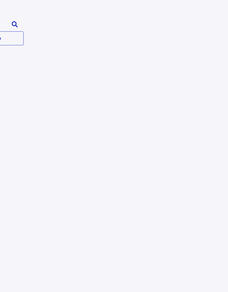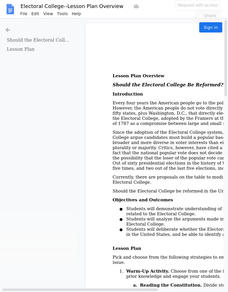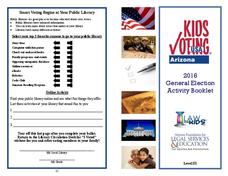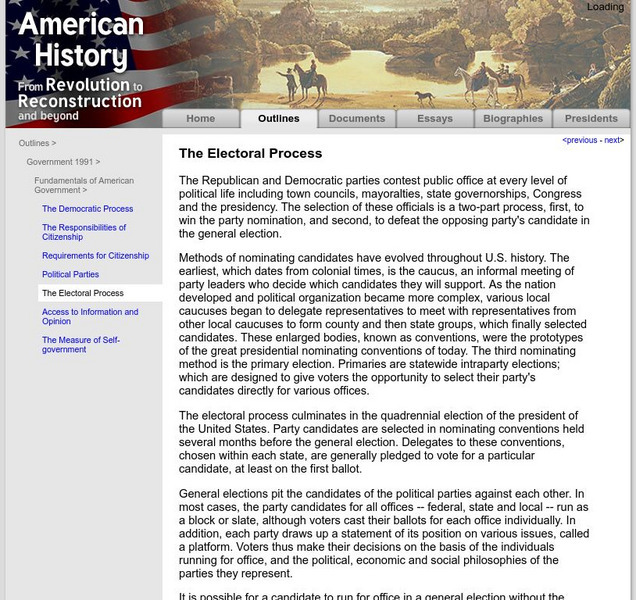Encyclopedia Britannica
Becoming US President
It's that time of year, and the year. Once again the race is on for the White House. It's important that young voters, and would-be voters, understand the process for becoming the United States President. Class members research the...
Carolina K-12
Exploring the Electoral College
Does your vote really count? This activity helps young voters learn about the electoral college through a TED talk, a helpful handout, discussion prompts, and then a role-playing activity that has participants simulating...
C-SPAN
2016 Electoral College Map
The electoral college can be confusing for citizens of any age. Clear up misconceptions with a handy printable map that details how many electoral votes are allotted to each state, as well as a history of modern elections, complete with...
Carolina K-12
The Electoral College
Put the Electoral College into perspective with a simulation of an election. Scholars experience an electoral vote, participate in an in-depth discussion on the topic, and engage in a congressional committee where they learn about the...
K20 LEARN
Electoral College: Does My Vote Count?
How can a candidate get the most votes, yet still lose the race for the presidency? This is has happened more than once in American history, including in the elections of 2000 and 2016. Using an activity for creating group notes, young...
DocsTeach
Election of 1800
The 2020 election is not the only unpredictable one in history. The Election of 1800 highlighted an unforeseen event in a presidential election. The activity reviews documents from the elections and what happened when the electoral...
PBS
PBS Electoral Decoder
Imagine being able to explore all the presidential elections from 1789-2016! Being able to examine the key events, how the states voted, and the importance of the Electoral College in each of the elections! A PBS cartogram makes all this...
C-SPAN
Electoral College
Most people are surprised to learn that American democracy is not as direct as they thought. Using a package of guiding questions, charts and curated videos, learners unpack the unique American institution of the Electoral College. The...
Encyclopedia Britannica
Electoral College Philosophical Chairs Debate
Because of the Electoral College, it is possible to win the popular vote in a US Presidential election and still lose the election. After researching the pros and cons of the Electoral College, class members engage in a structured debate...
Constitutional Rights Foundation
The Troubled Elections of 1796 and 1800
Congress does more than create new laws. Political scientists delve into the elections of 1796 and 1800 to understand how political parties, the Electoral College, and personal agendas affected the election process. The resource also...
Constitutional Rights Foundation
Slavery and the Electoral College
How did slavery mold the creation of the US Constitution? The final lesson plan in the series focuses on how slavery impacted the creation of the Electoral College. Academics learn how the Electoral College was created because Southern...
Constitutional Rights Foundation
270 Votes to Win: The Electoral College in the United States
What exactly is the Electoral College and how does it work? The lesson is part of a larger series on government that explains what the Electoral College is and how it helps determine an election winner. Academics participate in...
National Constitution Center
Town Hall Wall: College Exam
The college that directly affects young citizens' lives is not the university they're applying to. Learn about the Electoral College in a town hall activity in which class members debate the merits of the current system versus electing a...
Law for Kids
General Election Activity Booklet
It's never too early to practice smart voting! Gain practice voting in a general election using a booklet compiled of an assortment of activities including a word search, maze, graphing, and more!
C-SPAN
Electoral College Pros/Cons and Alternatives
If every vote counts, why do we need the electoral college? Middle and high schoolers study the Constitutional precedent of the electoral college, as well as its place in historical and modern elections, with an engaging social studies...
Discovery Education
Election in the News
Young people are the future voices of the country. In order to be knowledgeable about local and federal elections, future voters must first become aware. Bring an informative lesson plan to your social studies class, in which middle...
Caucus 101
Linkage Institutions: Interest Groups: Option A
How are elections really run and won? Learn about special interest groups, super PACs, and lobbyists with an engaging lesson about the caucus process. Young voters research specific interest groups and analyze their part in previous and...
City University of New York
Presidential Elections and the Electoral College
To understand the controversy surrounding the US 2000 presidential election, class members investigate the rationale behind the Electoral Collage, the intimidation involved in the election of 1876, and the 2004 American League...
Curated OER
Political Movement: Political Parties
Students explore politics by researching Australian government law. In this political parties instructional activity, students define the different active parties in Australia and their roles within the country. Students complete a word...
Curated OER
Preserving and Promoting Democracy
Eleventh graders create surveys to determine whether or not young people have or plan to vote. Using their findings, 11th graders make advertisements aimed at encouraging youth to vote.
Curated OER
Should Kids Vote?
High schoolers develop critical analysis skills important to evaluate democratic structures. They increase their knowledge of the characteristics of voters and voting impact on the Electoral System.
University of Groningen
American History: Outlines: The Electoral Process
Overview of the election process from the role of political parties in nominating candidates for office to the general election.























